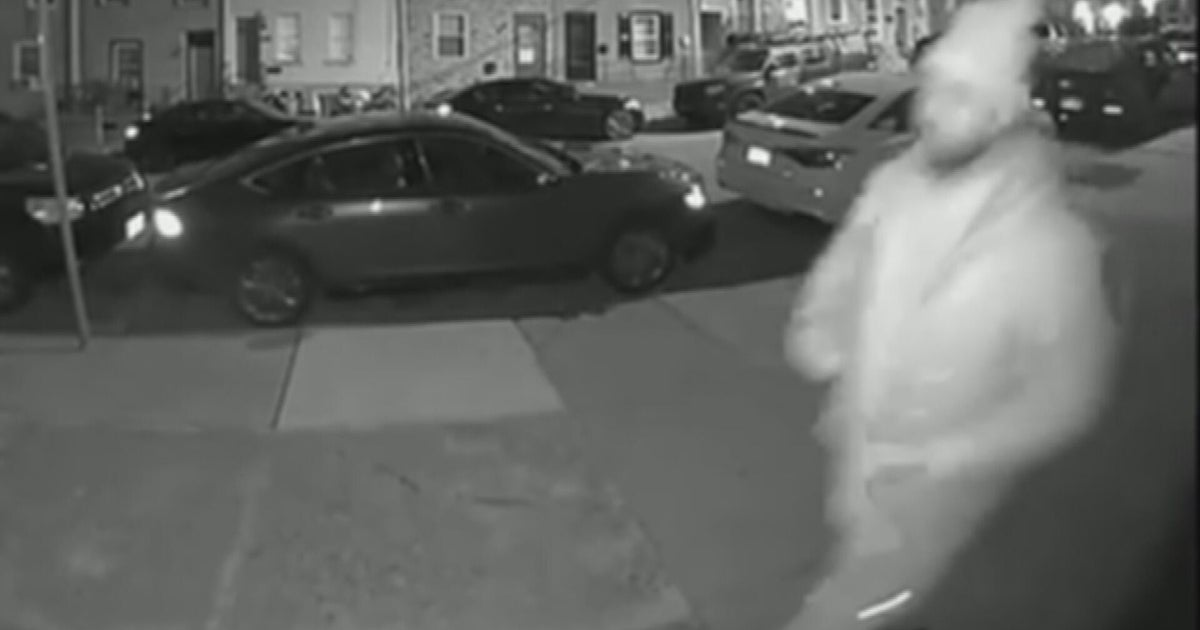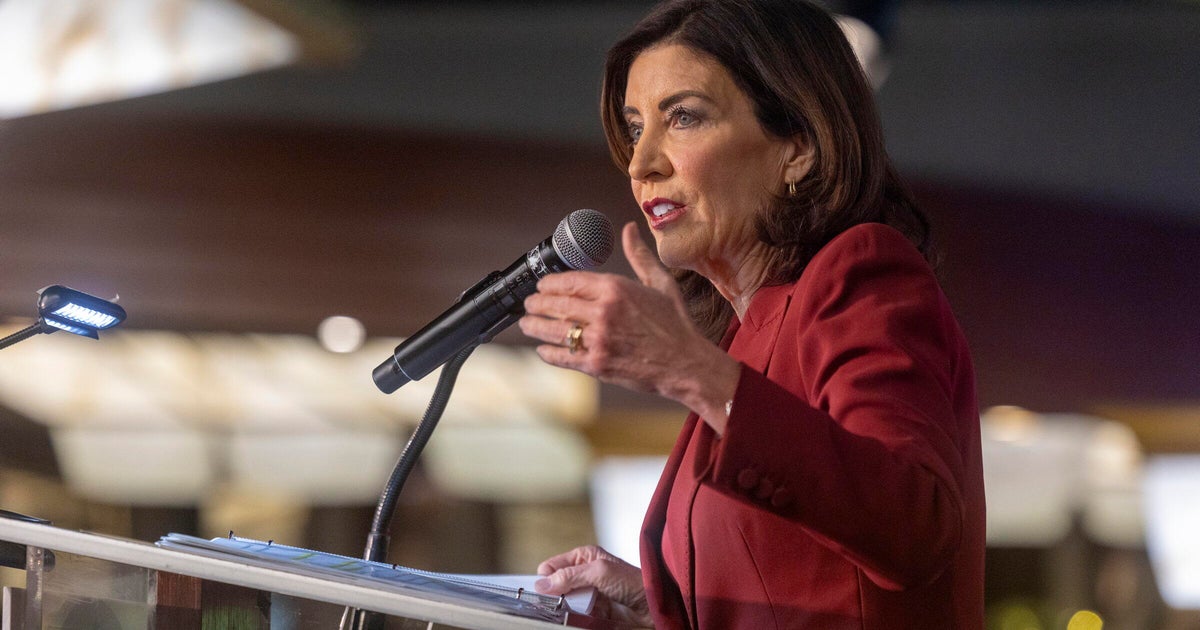Pa. Gov Signs Tougher Abortion Clinic Rules
HARRISBURG, Pa. (AP) — A bill that could mean expensive facility and staff expansions for clinics that perform abortions in Pennsylvania became state law Thursday after a bitter fight in the Legislature over how to respond to grotesque conditions discovered at a Philadelphia clinic last year.
Gov. Tom Corbett, a Republican, signed the measure without comment on an issue that has inflamed both opponents and supporters of abortion rights.
The new standards take effect in 180 days and would require freestanding clinics that perform abortions to comply with the same safety standards as freestanding outpatient surgery centers, which include requirements for wider hallways and doorways, bigger operating rooms, full-time nurses and more.
The law also requires one unannounced inspection of each abortion facility, a mandate that abortion-rights supporters in the Legislature had pressed as an alternative to the tougher facility standards that passed the Republican-majority Legislature.
Operators of abortion clinics worry they will not be able to afford the cost to comply with the standards, and say that much will depend on how the state Department of Health decides how to apply them. Under the law, the department also can waive the standards.
"(The) Department of Health will accept licensure applications for these facilities and will handle all applications on a case-by-case basis as we do for any other health care facility seeking licensure," agency spokeswoman Christine Cronkright said.
Currently, 24 abortion facilities are registered in Pennsylvania, and hospitals may perform abortions as part of their surgical services program, Cronkright said.
In the Philadelphia case, prosecutors say newborn babies were killed in illegal, late-term abortions performed inside a filthy, now-shuttered "house of horrors" run by Dr. Kermit Gosnell, who employed workers who weren't properly trained or licensed to do abortions.
His Women's Medical Society has been shut down and Gosnell has been charged with murder in the deaths of seven babies and one patient, as well as drug conspiracy and distribution in connection with what authorities say are thousands of illegal prescriptions he wrote for painkillers and sedatives. Gosnell has said he is innocent.
House Health Committee Chairman Matt Baker, R-Tioga, said the legislation was necessary to avoid a repeat of what happened in Philadelphia, as well as the discovery in May at Allentown Medical Services of instruments considered unsterile and a blood-splattered infectious waste freezer.
"No one should be subjected to the conditions and treatment that have occurred at these facilities," Baker said in a statement last week after the House approved the bill. "I am glad we were able to have legislation pass the House that will further protect Pennsylvania women."
The Philadelphia grand jury that investigated Gosnell said in its report that the Health Department had decided, for political reasons, to stop inspecting abortion clinics. The department dropped its policy of annual inspections in the mid-1990s under then-Gov. Tom Ridge, who supported abortion rights, the grand jury said.
Former Gov. Ed Rendell ordered inspections to start again after federal drug agents raided the Women's Medical Society in 2010 and reported finding deplorable and unsanitary conditions, including fetal parts in jars.
Planned Parenthood, which operates some clinics in Pennsylvania that perform abortions, criticized the new law as being politically motivated. The organization said health care providers and medical professional organizations also opposed the law.
Abortion-rights supporters also contend that existing standards for the clinics are adequate, if inspectors do their jobs properly.
Jennifer Boulanger, executive director of the Allentown Women's Center, said an inspection this year involved five or six Department of Health personnel who, over an entire day, checked all her equipment and rooms for cleanliness, facility policies on patient care, staff licenses and certifications, patient charts and prescription bottle dates, among other things.
The Department of Health's latest report on abortion statistics said 37,284 abortions were performed in Pennsylvania in 2009. The highest annual total on record is 65,777 in 1980; the lowest is 34,494 in 1999. Nearly all 2009 abortions — 93 percent — were performed in the first 14 weeks of pregnancy, the department said.
(© Copyright 2011 The Associated Press. All Rights Reserved. This material may not be published, broadcast, rewritten or redistributed.)







